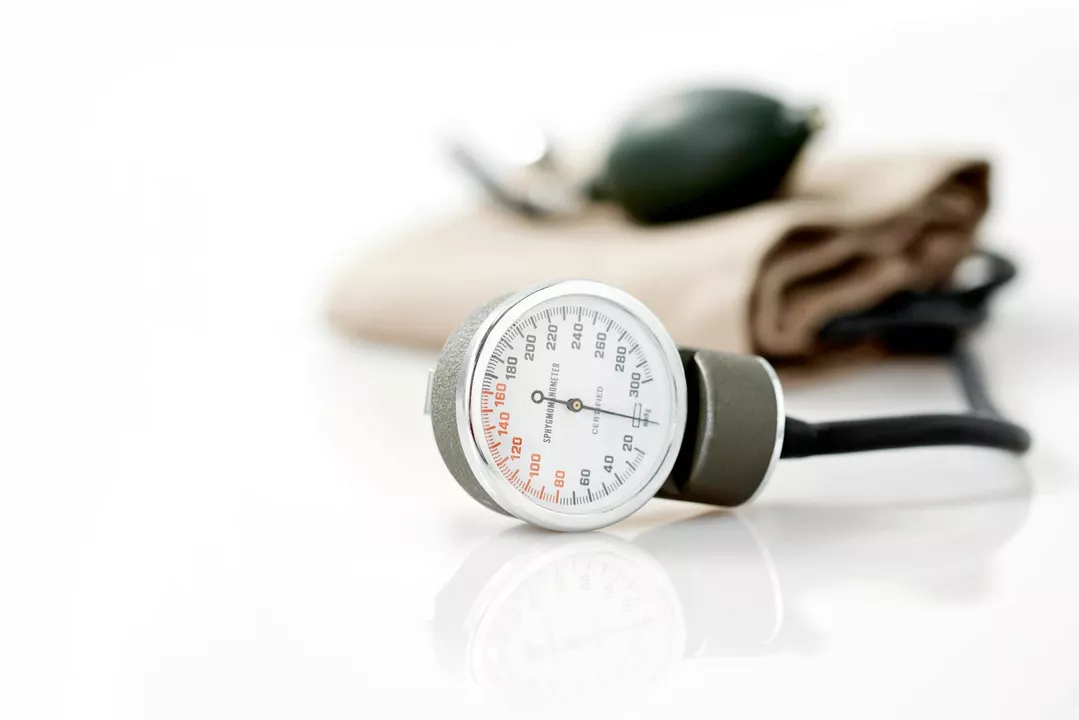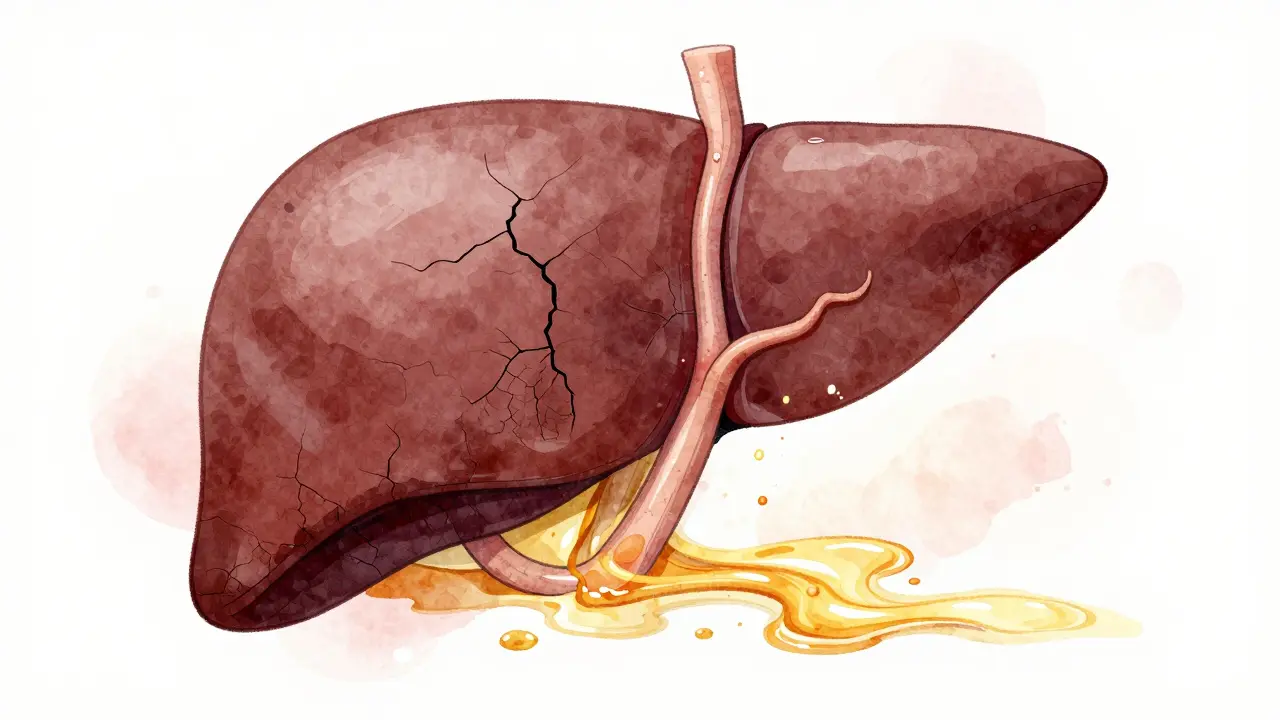Understanding Hypertension and Its Impact on Health
As a blogger with a keen interest in health and wellness, I have come to understand the importance of managing hypertension, or high blood pressure, to maintain optimal health. Hypertension is a condition that affects millions of people worldwide and is a major risk factor for heart disease, stroke, and kidney failure. In this article, I will explore the role of supplements in hypertension management, and how the right combination of lifestyle changes and nutritional support can help to keep blood pressure levels in check.
How Supplements Can Support Blood Pressure Management
While medications are often prescribed to help manage hypertension, many people look for natural alternatives to support their treatment plans. Supplements can play a vital role in hypertension management, as they can provide essential nutrients and compounds that help to regulate blood pressure. It is important, however, to remember that supplements should not replace prescribed medications but should be used in conjunction with them to optimize treatment outcomes.
Essential Minerals for Hypertension Management
Minerals play a crucial role in maintaining the balance of fluids in our body and regulating blood pressure. Some essential minerals that have been shown to help control hypertension include:
Potassium
Potassium is an essential mineral that helps to balance the levels of sodium in the body. High levels of sodium can contribute to hypertension, so maintaining a healthy balance is important. Consuming potassium-rich foods or taking a potassium supplement can help to support blood pressure management.
Magnesium
Magnesium is another important mineral that plays a key role in regulating blood pressure. Research has shown that magnesium supplementation can help to lower blood pressure in individuals with hypertension, particularly when combined with lifestyle changes such as increased physical activity and a healthy diet.
Calcium
Calcium is well-known for its role in maintaining strong bones, but it also plays a part in regulating blood pressure. Studies have shown that calcium supplementation can help to lower blood pressure in people with hypertension, especially when combined with a balanced diet and regular exercise.
Antioxidants and Hypertension Management
Antioxidants are substances that help to protect our cells from damage by neutralizing harmful free radicals. Some antioxidants have been shown to have a positive effect on blood pressure, including:
Vitamin C
Vitamin C is a powerful antioxidant that has been shown to help lower blood pressure in individuals with hypertension. It is thought to work by improving the function of blood vessels and reducing inflammation, which can contribute to high blood pressure.
Coenzyme Q10 (CoQ10)
CoQ10 is a naturally occurring antioxidant that is essential for energy production in the body. Studies have shown that CoQ10 supplementation can help to lower blood pressure in people with hypertension, as well as improving overall heart health.
Herbal Supplements for Hypertension Management
There are also several herbal supplements that have been shown to help support blood pressure management, including:
Hawthorn
Hawthorn is a plant that has been used traditionally to treat heart conditions, including hypertension. Studies have shown that hawthorn extract can help to lower blood pressure in people with hypertension, making it a valuable addition to a hypertension management plan.
Garlic
Garlic is a well-known natural remedy that has been used for centuries to treat a variety of health conditions. Research has shown that garlic can help to lower blood pressure in individuals with hypertension, making it a popular choice for those looking to support their blood pressure management plan naturally.
Conclusion: A Comprehensive Approach to Hypertension Management
In conclusion, supplements can play a valuable role in supporting hypertension management, providing essential nutrients and compounds that help to regulate blood pressure. However, it is important to remember that supplements should not replace prescribed medications but should be used in conjunction with them to optimize treatment outcomes. Additionally, a comprehensive approach to hypertension management should also include lifestyle modifications such as a healthy diet, regular exercise, stress management, and maintaining a healthy weight. By adopting a holistic approach to hypertension management, individuals can work towards better overall health and a reduced risk of serious complications associated with high blood pressure.






beverly judge
June 2, 2023 AT 06:15Great overview of the key nutrients; just a reminder to double‑check dosage recommendations against reputable sources. Proper electrolyte balance can make a real difference in blood pressure trends.
Capt Jack Sparrow
June 11, 2023 AT 22:15Honestly, the evidence on magnesium is solid – meta‑analyses show a modest drop in systolic numbers. If you’re not already taking it, consider a well‑absorbed form like glycinate.
Manju priya
June 21, 2023 AT 14:15Dear readers, incorporating vitamin C at 500 mg daily can improve endothelial function 😊. Clinical trials suggest a mild reduction in peripheral resistance, especially when paired with a low‑sodium diet.
Jesse Groenendaal
July 1, 2023 AT 06:15We must emphasize that supplements are adjuncts not replacements the primary therapy remains a physician‑prescribed regimen adherence is non‑negotiable.
Persephone McNair
July 10, 2023 AT 22:15From a pathophysiological standpoint, the renin‑angiotensin‑aldosterone axis can be modulated by co‑enzyme Q10, given its role in mitochondrial bioenergetics and oxidative stress attenuation.
siddharth singh
July 20, 2023 AT 14:15When we talk about hypertension, the first point to note is that lifestyle factors account for a significant portion of blood pressure variance. Potassium, for instance, directly competes with sodium at the cellular level, helping to maintain osmotic equilibrium. Numerous randomized controlled trials have demonstrated that a daily intake of 4,700 mg of potassium can reduce systolic pressure by an average of 4‑5 mmHg. Magnesium’s vasodilatory effect is mediated through calcium channel antagonism, which relaxes smooth muscle in arterial walls. Moreover, magnesium supplementation has been linked to improved insulin sensitivity, indirectly benefiting blood pressure control. Calcium, though traditionally associated with bone health, also plays a role in vascular contraction and should not be overlooked; adequate intake (1,000‑1,200 mg) supports normal endothelial function. Antioxidants such as vitamin C act as free‑radical scavengers, mitigating oxidative stress that otherwise impairs nitric oxide availability. CoQ10, a component of the electron transport chain, not only boosts cellular energy but also exerts antihypertensive properties by enhancing endothelial nitric oxide synthase activity. Herbal extracts like hawthorn contain flavonoids that modulate autonomic balance, often resulting in lower resting heart rates and modest pressure reductions. Garlic’s allicin compound inhibits ACE activity, offering a natural parallel to conventional ACE inhibitors. It is essential, however, to underscore that supplement regimens must be individualized; interactions with antihypertensive drugs can occur, especially with potassium‑sparing agents. Regular monitoring of serum electrolytes is prudent when adding high‑dose potassium or magnesium supplements. Consultations with a healthcare professional ensure that supplement choices complement, rather than conflict with, prescribed therapy. Dietary sources should remain the foundation – leafy greens for potassium, nuts for magnesium, and dairy for calcium – with supplements filling any gaps. Consistency is key: benefits accrue over weeks to months, not days. Finally, remember that stress management, regular aerobic exercise, and weight control synergize with nutritional interventions to produce the greatest reductions in blood pressure.
Angela Green
July 30, 2023 AT 06:15Just a quick note: “supplement” is singular, not “supplements” when referring to a specific product. Also, remember the Oxford comma for clearer lists.
April Malley
August 8, 2023 AT 22:15Really love the balanced approach here! 🌟 Adding a dash of personal experience – I started a magnesium glycinate routine last winter and saw my morning readings dip by a solid 3 mmHg. Keep the practical tips coming!
scott bradshaw
August 18, 2023 AT 14:15Sure, because natural herbs totally replace doctors.
Crystal Price
August 28, 2023 AT 06:15One cannot help but feel the weight of centuries when discussing hawthorn – its bark whispers the wisdom of ancient healers, yet modern science still struggles to quantify that soulful heritage.
Murhari Patil
September 6, 2023 AT 22:15Did you know the supplement industry is secretly funded by shadowy cabals? They hide the true potency of garlic to keep us dependent on their overpriced pills!
kevin joyce
September 16, 2023 AT 14:15From a systems‑biology perspective, the interplay between electrolyte homeostasis and vascular compliance is a classic example of emergent behavior. When potassium repletion occurs, you adjust the Nernst potential across smooth‑muscle cell membranes, which in turn modulates vasomotor tone. This cascade illustrates how a micronutrient can have macro‑scale hemodynamic consequences, bridging molecular biochemistry and clinical outcomes.
michael henrique
September 26, 2023 AT 06:15This is exactly why people ignore real science and chase hype – they think “potassium” is a magic bullet without understanding the complex feedback loops involved. Stop cherry‑picking studies!
Jamie Balish
October 5, 2023 AT 22:15Hey everyone, I get where you’re coming from – the science can feel overwhelming. Let’s break it down: start by adding a potassium‑rich food like banana to your breakfast, track your blood pressure daily, and notice any trends. Pair that with a short walk after dinner – even 15 minutes can boost circulation. Remember, consistency beats intensity; the goal is sustainable habits, not a one‑off miracle. If you stay patient and keep a simple log, you’ll see the cumulative impact over weeks.
Jeff Bellingham
October 15, 2023 AT 14:15While the article presents a comprehensive list, it would benefit from a more rigorous citation of randomized controlled trials to substantiate the claims regarding supplement efficacy.
Matthew Balbuena
October 25, 2023 AT 06:15Yo, love the vibe – just remember, supplements ain’t a substitute for chillin’ with a proper diet. Stay hype, stay healthy!
michael abrefa busia
November 3, 2023 AT 21:15👍 Great point! Adding a splash of color to your plate with leafy greens can boost potassium naturally. 🌿
Bansari Patel
November 13, 2023 AT 13:15Interesting that the piece omits discussion of the possible hidden contaminants in low‑cost supplements – a real concern for vigilant consumers.
Rebecca Fuentes
November 23, 2023 AT 05:15Thank you for highlighting the importance of quality control. Ensuring third‑party testing can safeguard against adulteration and help maintain trust in supplement use.